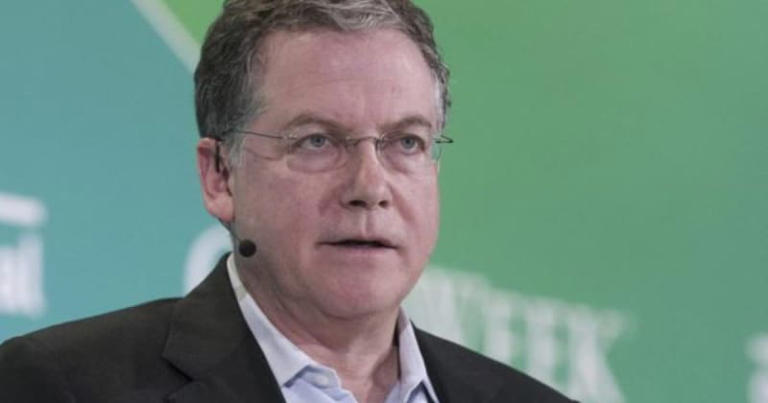Stephen Scherr, the CEO of Hertz Global Holdings Inc., is set to step down on March 31, following the company’s substantial quarterly loss, largely attributed to a risky investment in electric vehicles (EVs). Scherr, who joined Hertz two years ago as it emerged from bankruptcy, emphasized a focus on EVs during his tenure. However, the company faced challenges as it discovered that EVs were more costly to maintain than initially anticipated. Scherr acknowledged to investors that EVs became an “operational distraction” and contributed to a significant loss of $348 million in profits.
In response to these challenges, Hertz announced plans in January to reduce its EV fleet by 20,000 vehicles throughout 2024 and revert to gas-powered cars. This decision contrasts with previous praise from the Biden administration for Hertz’s EV investment, which aligned with the president’s climate agenda promoting EV adoption.
However, reports suggest that EVs from recent model years have shown significantly lower reliability compared to gasoline-powered vehicles, particularly concerning battery and charging systems, as well as fit issues with body panels and interiors. Despite efforts by car dealers and manufacturers to promote EVs through discounts and incentives, there is hesitancy among consumers due to high prices, rising interest rates, and inflation. This has resulted in a surplus of unsold EVs, with EVs taking longer to sell compared to gas-powered and hybrid vehicles.
The market’s saturation with early adopters, combined with general consumer reluctance, has posed challenges for the widespread adoption of EVs, impacting companies like Hertz that made significant investments in the technology.
